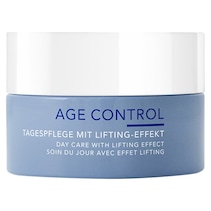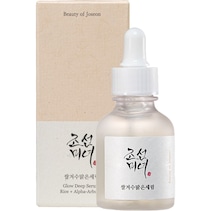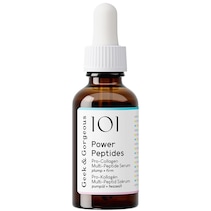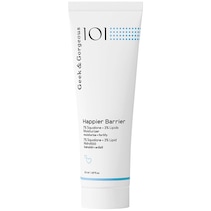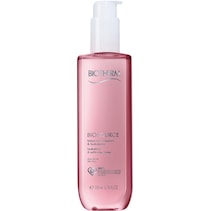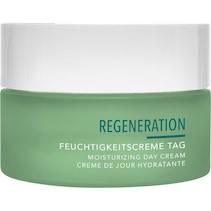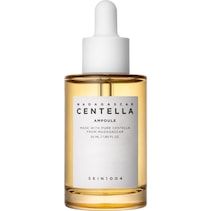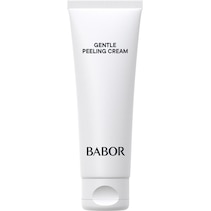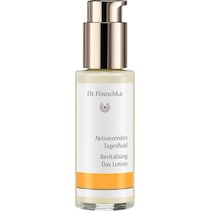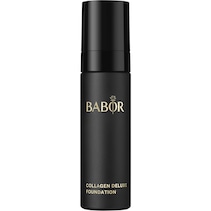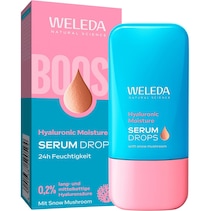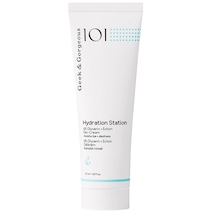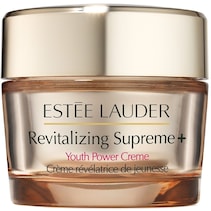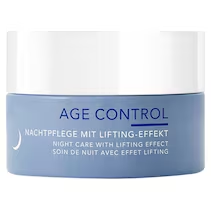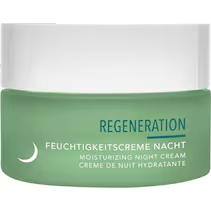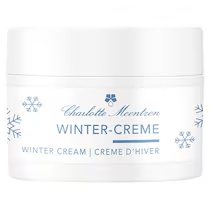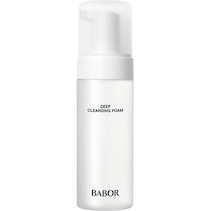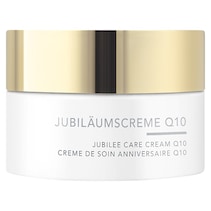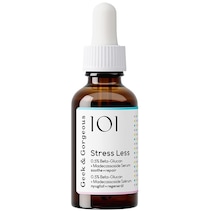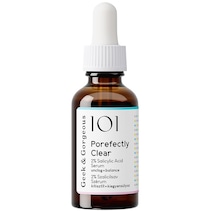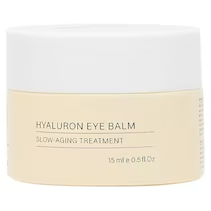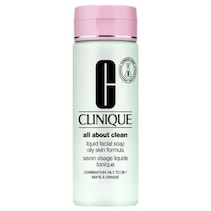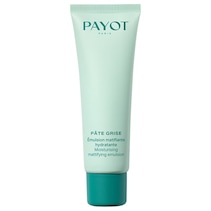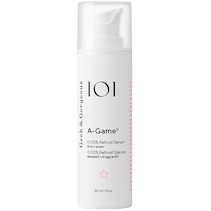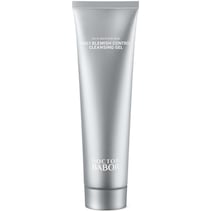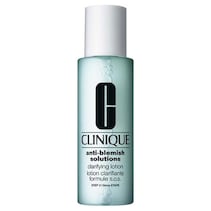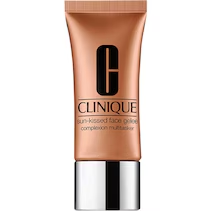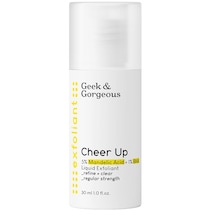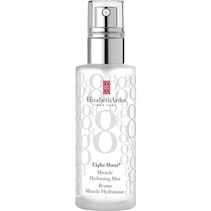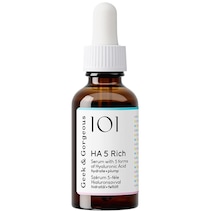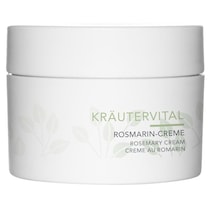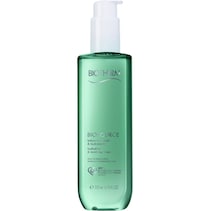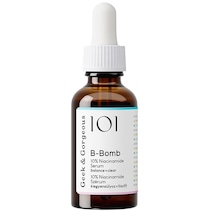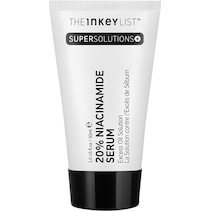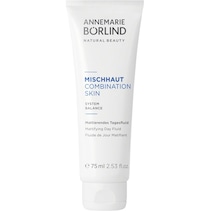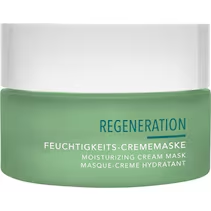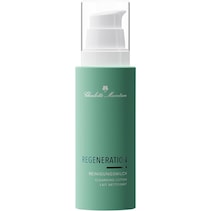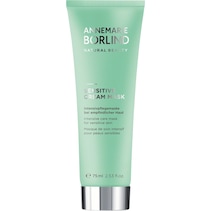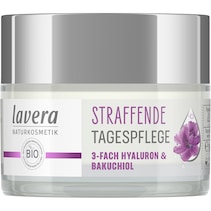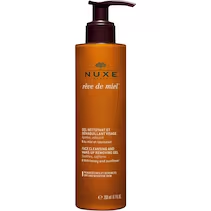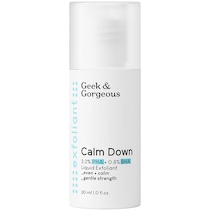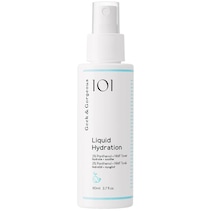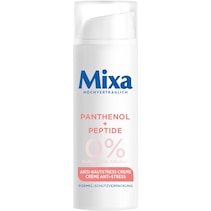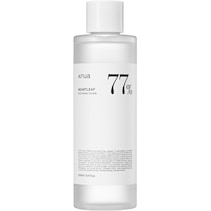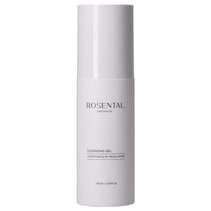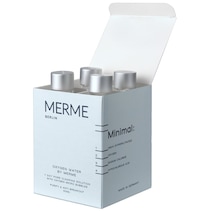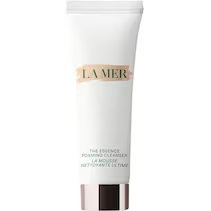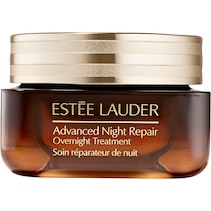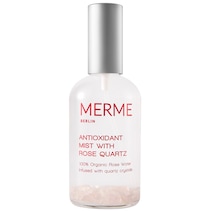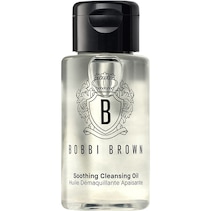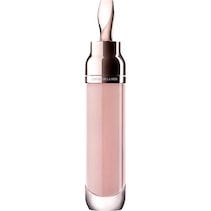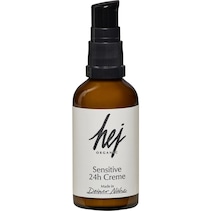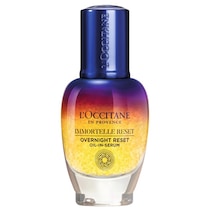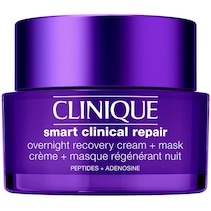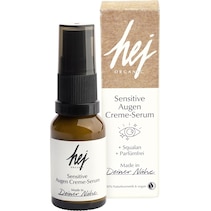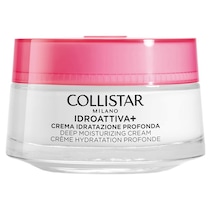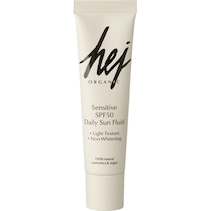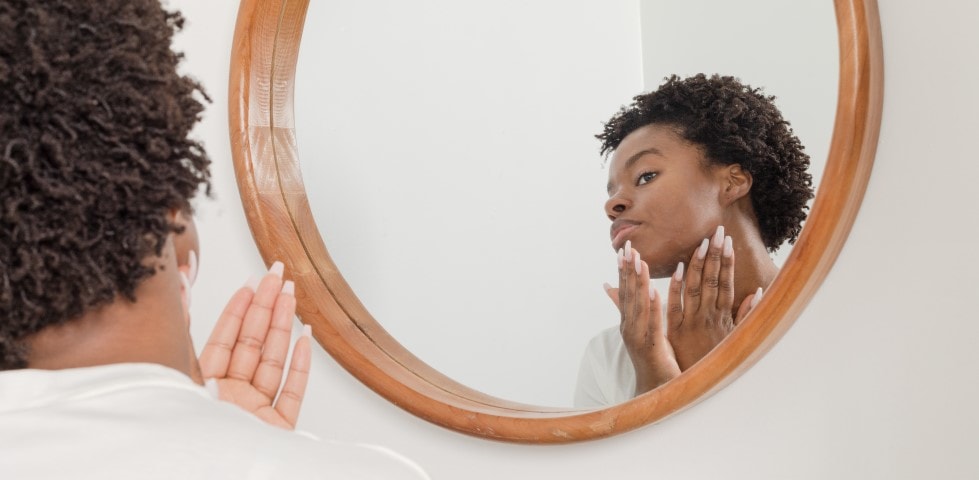
How to find your skin type: How to do the test
It’s best if your skincare routine is tailored to the requirements of your skin. But what exactly are these requirements? We’ll show you how to find your skin type and optimise your skincare.
18 October 2023 • 4 min. reading time
Table of contents
How to find your skin type: This is how it works
To find your skin type, you can either get professional skin advice or find out for yourself what your skin needs. How to go about finding your skin type:
- First of all, cleanse your face with a gentle cleanser. This removes traces of make-up and excess sebum.
- Do not use any skincare products afterwards and wait for 30-60 minutes.
- Now look at your skin in the mirror.
What you see will tell you more about what skin type you have:
How do I care for my skin type?
The first step to good skincare is to find your skin type. We give you an overview of the most common skin types and how to care for them.
Skin type 1: Normal skin
You can recognise normal skin from these characteristics:
- smooth, rosy and even-toned complexion with fine pores
- skin appears to be well-supplied with moisture and sebum
- skin is elastic with good blood circulation
- no flaky or oily areas of skin
- skin does not feel tight
Normal skin is really easy to care for. You should nevertheless provide it with lots of moisture to maintain the natural skin barrier. This is how to put together your daily skincare routine:
- Cleanse your face in the evening with lukewarm water and a mild wash gel. If you’ve been wearing make-up, you should use micellar water or other make-up remover of your choice beforehand.
- You can include active ingredients like retinol or niacinamide in the form of a face serum in your skincare routine.
- Massage a moisturising day cream or night cream gently into the skin in the morning and evening.
- In the winter, you can use a slightly oily cream to prevent the skin from drying out due to the central heating.
Skin type 2: Dry skin
You can use these signs to determine whether you have dry skin:
- dry, flaky complexion
- not enough sebum production or inability to retain moisture
- skin appears to have little elasticity
- skin feels tight or itches
- skin has red patches
These characteristics typically get worse in cold air and dry central heating in winter. Dry skin needs daily skincare that is perfectly tailored to its requirements. When caring for this skin type, you should:
- Cleanse the skin thoroughly every day and clarify it with a face toner. Do not use any aggressive cleansing products. Instead, you can opt for cleansing oils that gently cleanse the skin and nourish it at the same time.
- We also recommend hyaluronic acid face serums, which improve the skin’s ability to retain moisture. Choose moisturisers with high-quality oils (e.g. gamma linoleic acid). They nourish the skin, are better at supplying it with moisture and strengthen the natural skin barrier.
- Go for day creams and night creams that supply intensive moisture, such as creams based on almond oil. If your skin tends to feel tight, skincare containing urea is a good choice for you. It can even alleviate itching.
Products for normal to dry skin
Products for normal to dry skin
Skin type 3: oily skin
Those with theoily skin type experience excess sebum production due to stress, hormonal fluctuations or a natural predisposition. Typical signs are:
- large pores
- shiny areas of skin
- blocked pores, blemishes, blackheads and spots
Oily skin can result in nasty spots and inflammation. You should therefore provide your skin with as much help as you can in regulating sebum production and healing blemishes quickly:
- To prevent inflammation, use cleansing and skincare products with antibacterial ingredients, such as BHA or niacinamide.
- Cleanse your face in the morning and evening with a mild cleansing product that is suitable for oily skin (e.g. a gentle wash gel). Skincare products based on aloe vera, panthenol or glycerine are good for your skin.
- Ensure the cleansing products are non-comedogenic so they do not block pores. Solutions containing alcohol can also irritate the skin. Micellar wash gels are more suitable.
- Though it seems counter-intuitive, oily skin can also benefit from oils! An oil applied in the evening can provide an extra dose of nourishment for dehydrated skin and regulate sebum production.
- A mattifying face cream removes superfluous sebum and reduces shiny areas of skin.
- Do a chemical peel once a week to deep-clean your facial skin.
Skin type 4: Combination skin
Combination skin is a mixture of the dry and oily skin types. Oily areas of skin in the T-zone of the forehead, nose and chin are typical. Blackheads and spots also appear here. By contrast, the skin on the cheeks and eye area tends to be dry.
The skincare for this type of skin is somewhat more complicated. You should care for both areas separately. To do this you can refer to the tips already given for dry and oily skin.
Tip: Use skincare products that are tailored specially to the needs of combination skin. They supply your skin with intense moisture but without blocking pores in the T-zone.
Products for oily and combination skin
Products for oily and combination skin
Skin type 5: Sensitive skin
Is your skin extremely sensitive to external influences? Do stress, strong wind, lots of sun, cold or even the wrong skincare quickly lead to an itchy, tight feeling and dry areas of skin? Then you probably have what is called a sensitive skin type. Your skincare should strengthen the natural skin barrier and encourage its resilience. With this skincare programme, you take action against frequent redness, blemishes or dry areas:
- Before using products, pay attention to the temperature of the water when washing your face. Sensitive skin can react to warm and also to cold water by becoming irritated.
- Choose your skincare products with consideration. They should be especially suitable for sensitive skin and free from artificial fragrances, essential oils and preservatives.
- Provide your skin with the ideal amount of moisture with a fragrance-free moisturiser.
- Your skin will benefit from gentle cleansing with cleansing milk and a soothing day cream, ideally containing SPF.
- We recommend skincare products with urea or omega 6 fatty acids for the sensitive skin type. Other ingredients like soothing panthenol or niacinamide complete your skincare routine.
Products for sensitive skin
Products for sensitive skin
Takeaway
Before you select skincare products, you should always find out your skin type. By doing this, you always give your skin the care it needs – whether your skin is dry, oily or combination. It is easy to meet the needs of your skin by choosing fragrance-free, oil-free or rich skincare products. But always keep an eye on your skin: Your skin type can change over the course of your life. And so should your skincare!


